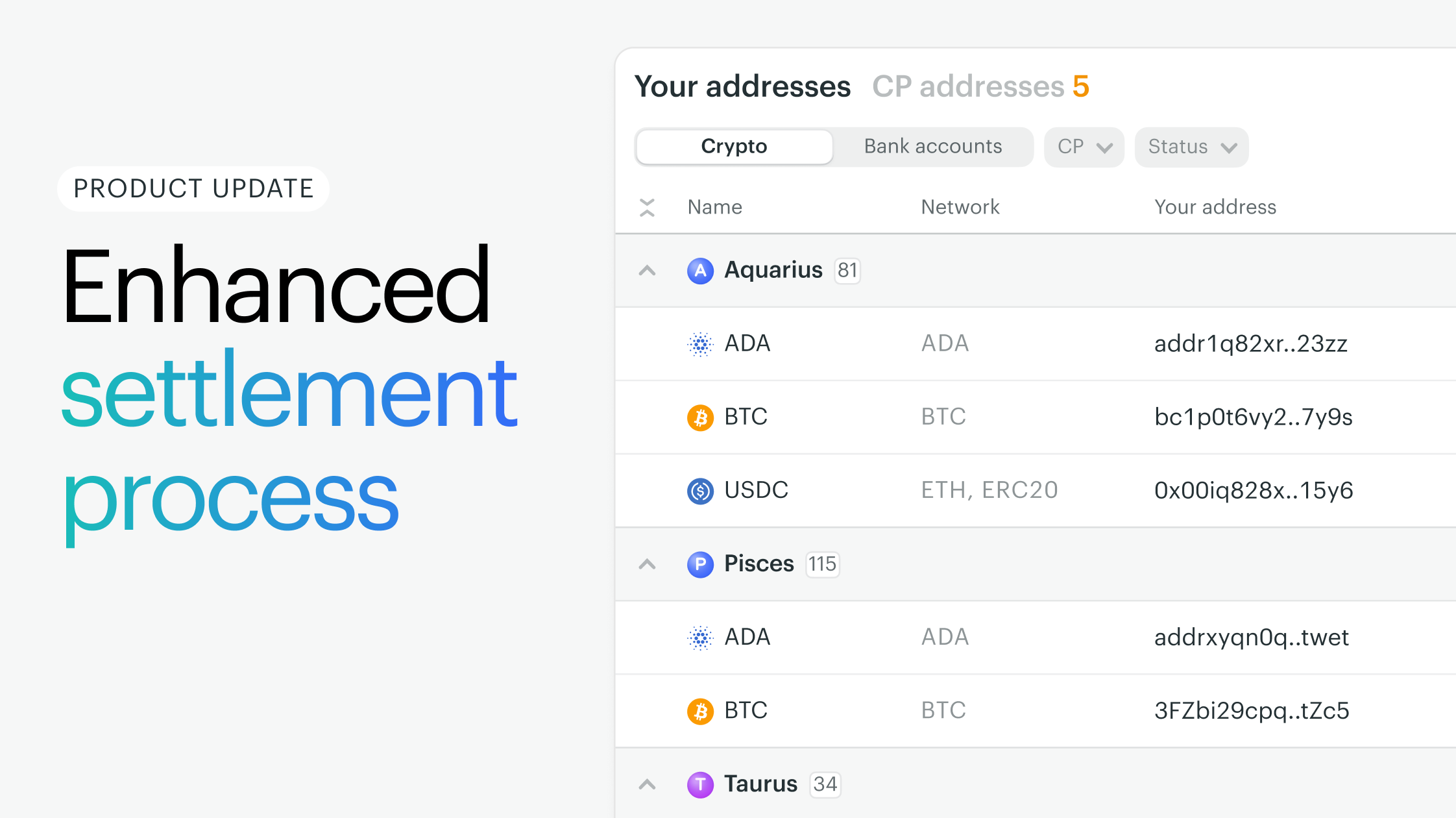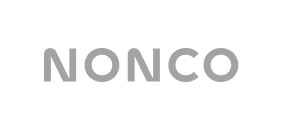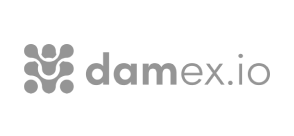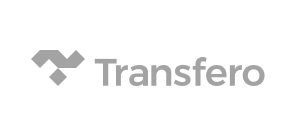
TL;DR
- BlackRock’s BUIDL token surpasses $1B in assets, driven by a $200M investment from Ethena, reinforcing its role in institutional finance.
- Tokenized U.S. Treasuries hit a record $4.2B market cap as investors shift toward yield-bearing assets from Ondo, BlackRock, and Franklin Templeton.
- A Trump family representative explored acquiring a stake in Binance.US via World Liberty Financial, sparking a 5% jump in Binance’s BNB token.
- Solv raises $10M for its Bitcoin Reserve Offering (BRO), providing institutions BTC exposure without direct ownership, with funds deployed into staking and DeFi.
- U.S. CPI drops to 2.8% in February, reinforcing Fed rate cut expectations and pushing Bitcoin past $84K as market confidence rebounds.
- OKX acquires a MiFID II-licensed firm in Malta, paving the way for regulated derivatives trading across the EU and strengthening its exchange position.
- Ripple secures DFSA approval to offer crypto payments in the UAE, expanding services in a $400B cross-border trade market.
- Mercado Bitcoin and Polygon Labs plan to tokenize over $200M in real-world assets in Latin America, doubling their current total and advancing blockchain finance.

BlackRock’s BUIDL Fund Surpasses $1B with Ethena’s $200M Investment
BlackRock’s BUIDL token, developed in collaboration with Securitize and backed by U.S. Treasuries, has crossed the $1 billion mark in assets under management. A significant driver of this milestone was a $200 million allocation from crypto protocol Ethena, underscoring the growing role of tokenized assets in institutional finance.
BUIDL is increasingly used as a reserve asset and collateral for various trading and yield-generating platforms. Ethena’s USDtb token, which integrates BUIDL alongside stablecoins like USDC and USDT, now holds a $540 million supply, reflecting confidence in the expanding tokenization ecosystem. As financial institutions continue leveraging blockchain for more efficient settlement and liquidity management, the adoption of tokenized traditional assets is expected to accelerate.
Ethena founder Guy Young highlighted the investment as a testament to the firm’s confidence in the future of tokenized assets and their role in reshaping financial infrastructure.
Read more
Tokenized Treasuries Reach Record $4.2B as Investors Seek Stability
As the crypto market experiences a broad correction, investors have increasingly turned to tokenized U.S. Treasury products, driving their total market capitalization to a record $4.2 billion. Since late January, these assets have added $800 million in market value, with major products from Ondo Finance, BlackRock, Franklin Templeton, and Superstate seeing significant growth.

The rise of tokenized treasuries has outpaced stablecoins during the downturn, signaling a "flight to quality" as investors seek yield-bearing assets with lower volatility. Ondo Finance’s OUSG and USDY tokens surged 53% to nearly $1 billion, while BlackRock’s BUIDL climbed 25% to over $800 million. Franklin Templeton’s BENJI grew 16% to $687 million, and Superstate’s USTB jumped 63% to $363 million. Meanwhile, Hashnote’s USYC dropped 20% amid DeFi-related volatility.
According to Brian Choe, head of research at rwa.xyz, the trend mirrors traditional market behavior, where investors rotate into Treasuries during economic uncertainty. The shift suggests that instead of exiting crypto, institutional players are reallocating capital into tokenized fixed-income products, reinforcing their growing role in digital asset portfolios.
Read more
Trump Family Reportedly Exploring Stake in Binance.US
A Trump family representative engaged in discussions to acquire a stake in Binance.US, according to a Wall Street Journal report. The potential deal was linked to World Liberty Financial, a Trump-backed crypto venture launched just two months before the 2024 election. The talks, which began after Binance approached Trump’s allies, aimed to facilitate the exchange’s return to the U.S. market.
Steve Witkoff, a close associate of President Trump, was reportedly involved in the negotiations. While Binance.US declined to comment, former Binance CEO Changpeng "CZ" Zhao dismissed the report, stating he had no discussions regarding a deal. The WSJ also alleged that CZ sought a presidential pardon, a claim he denied while criticizing lingering anti-crypto sentiment from the previous administration.
Following the news, Binance's native token BNB surged 5%, crossing $600 for the first time in a week. Meanwhile, Binance secured a $2 billion institutional investment from Abu Dhabi-based MGX, further strengthening its position in the global crypto market.
Read more
Solv Secures $10M for Bitcoin Reserve Offering; Targets Institutions
Bitcoin staking platform Solv has raised $10 million to launch its Bitcoin Reserve Offering (BRO), aiming to build a $100 million BTC reserve. The initiative mirrors Strategy’s (formerly MicroStrategy) model, providing institutions with an on-chain alternative to gaining BTC exposure without directly holding the asset.
BRO integrates elements of traditional convertible bonds with crypto-native features, catering to institutions seeking both BTC as a store of value and yield-generating opportunities. The BTC raised will be deployed across liquid staking tokens, DeFi strategies, real-world assets (RWAs), and institutional finance products to maximize returns.
Read more
Inflation Cools as U.S. CPI Dips Below Expectations
Inflation in the U.S. slowed more than expected in February, strengthening the case for Federal Reserve rate cuts in the coming months. The Consumer Price Index (CPI) rose 0.2% for the month, below forecasts of 0.3%, with annual inflation easing to 2.8%. Core CPI, which strips out food and energy costs, also came in softer at 3.1%, compared to expectations of 3.2%.

Following the report, markets adjusted expectations for monetary policy, with traders now pricing in an 85% chance of at least one Fed rate cut by June. The Nasdaq 100 rallied 1.5%, while Bitcoin surged past $84,000, reflecting renewed risk appetite across digital and traditional asset markets.
This inflation relief comes amid economic concerns triggered by recent trade policies and market volatility. With inflation inching closer to the Fed’s 2% target, the path to interest rate cuts appears more likely, potentially fueling further upside in equities and crypto.
Read more
OKX Secures MiFID II License for European Expansion
OKX Europe has acquired a Malta-licensed firm with a MiFID II license, positioning itself to offer regulated derivatives products across Europe. The move strengthens OKX’s presence in the European Economic Area (EEA) as it works toward full approval from the Malta Financial Services Authority (MFSA) later this year.
With this license, OKX will be able to provide regulated derivatives trading to institutional clients across 27 EU member states, plus Iceland, Liechtenstein, and Norway. This follows its successful Markets in Crypto-Assets (MiCA)registration in Malta earlier this year, further cementing its position as the third-largest crypto exchange in the EU by market cap.
Read more
Ripple Gains Dubai License, XRP Spikes 4%
Ripple has received regulatory approval from the Dubai Financial Services Authority (DFSA) to offer crypto payment solutions in the UAE, expanding its reach in one of the world’s largest cross-border payments markets. The approval allows Ripple to serve businesses in a country processing over $400 billion in international trade annually.
With 82% of Middle East financial executives confident in blockchain adoption, Ripple's move strengthens its presence in the region, where it already services 20% of its global clients. This follows its 60+ global regulatory approvals, including licenses in Singapore, New York, and Ireland.
Read more
Mercado Bitcoin & Polygon Labs to Tokenize $200M in Latin America
Mercado Bitcoin, one of Latin America's largest crypto exchanges, is partnering with Polygon Labs to expand tokenized real-world assets (RWAs) in the region, aiming to issue over $200 million in tokenized assets in 2024—more than doubling its current total.
Leveraging Polygon’s blockchain infrastructure, the initiative enhances fast, cost-effective tokenization, strengthening Mercado Bitcoin’s position as a regional leader in digital finance. The platform has already issued over 340 tokenized products, including private credit, fixed-income instruments, and revenue-sharing assets, amounting to $180 million in total value.
Read more








